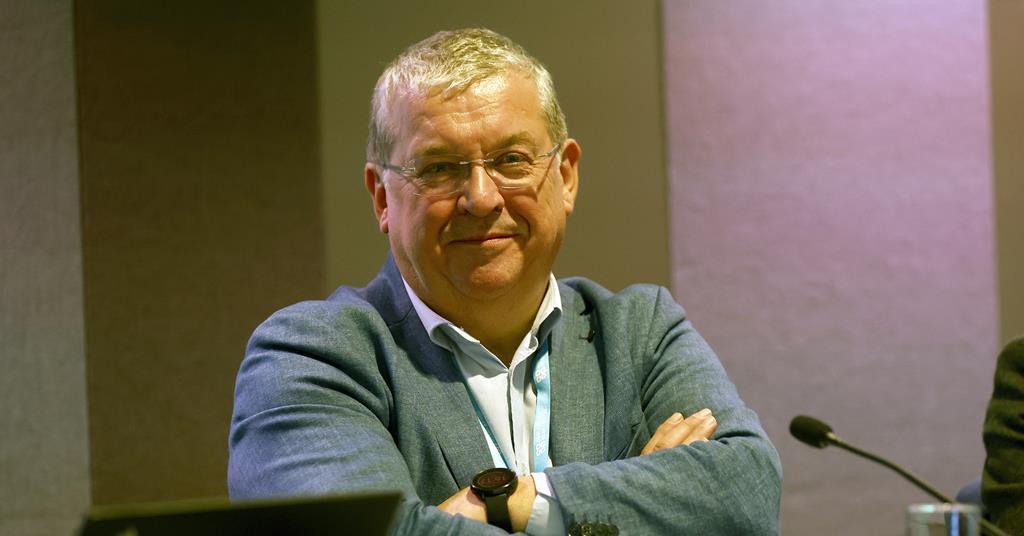
Greece in talks to export green hydrogen to Germany
Greece is expanding its plans into the renewable fuel value chain, promising to decarbonize its industry and heavy vehicle transport, with an ambitious green hydrogen production plan to feed the large German market and intermediate points along the axis of Bulgaria, Romania, Hungary, Slovakia and the Czech Republic. Germany is set to become Europe’s largest hydrogen import market. It recently approved a plan to build, by 2032, a 9,040-kilometer hydrogen network worth 19 billion euros. Germany’s hydrogen needs are estimated at 130 terawatt-hours per year by 2030, of which 100 TWh will be imported, with Berlin also eyeing Greece, which aspires to become a hydrogen producer and exporter, a plan to utilize the surplus domestic renewables’ production. Gas grid operator DESFA sources explain that the German interest “focuses on the Greek contribution, as a central part of a hydrogen corridor to actively support the energy transition of Germany and Central Europe,” thanks to Greece’s “capacity for low-cost green hydrogen production, geostrategic position for quantity transit from the Middle East and North Africa, and geopolitical security.”
Source: The North Africa Journal November 05, 2024 17:40 UTC





